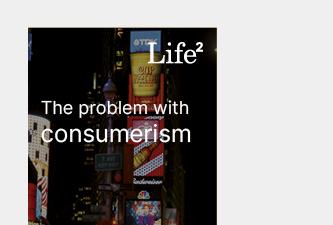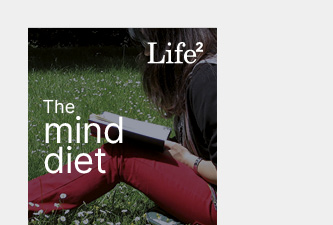In our daily lives we receive a wide range of 'mental inputs' - messages that enter our brains from the outside world. They could include messages from a wide range of sources - for example, the opinions of our friends, advertisements, images from TV news and things we've read in magazines or newspapers. Some of these messages will be trying to influence us in some way - to do or think certain things - from advertisements telling us to buy particular products to politicians telling us to support particular policies. Some of these messages can be quite sophisticated and subtle in the way they try to influence us.
In this situation, it can be difficult to interpret these 'mental inputs' and identify what agenda (if any) they have, as well as to work out which messages to believe and which to ignore. This process of managing our mental inputs is important, as if we aren't able to do it, we risk being influenced into doing and thinking things that aren't in line with what we really want, and this can cause us anxiety or stop us living the lives we really want.
For example, adverts and magazine articles might influence you to want the latest gadget, and you might feel the need to work stressful, long hours so you can earn enough money to buy it, when actually, upon reflection, you feel you don't really need the gadget that much and would rather have more time with your family than spend all the extra hours at work.
We therefore need to use a couple of 'mental tools' to help us to manage our mental inputs better - and therefore protect our 'mental freedom':
- Critical thinking - get into the habit of questioning all the messages you receive from external sources - whatever they may be, and in each case, evaluate whether the sources are reliable, what the purpose of the message is and whether it is something to be digested or ignored.
- Protect your personal identity - by developing a strong sense of who you are and what matters to you, trusting it and resisting suggestions from external sources that you should change yourself or your thinking. These influences should not necessarily prevent you from developing yourself or changing your thinking on particular matters, but before you do so you should think the issue through for yourself, consult reliable sources and conclude whether it would be of genuine benefit to you.
Check out the materials on our website to learn how develop these tools.
© Life Squared 2011




